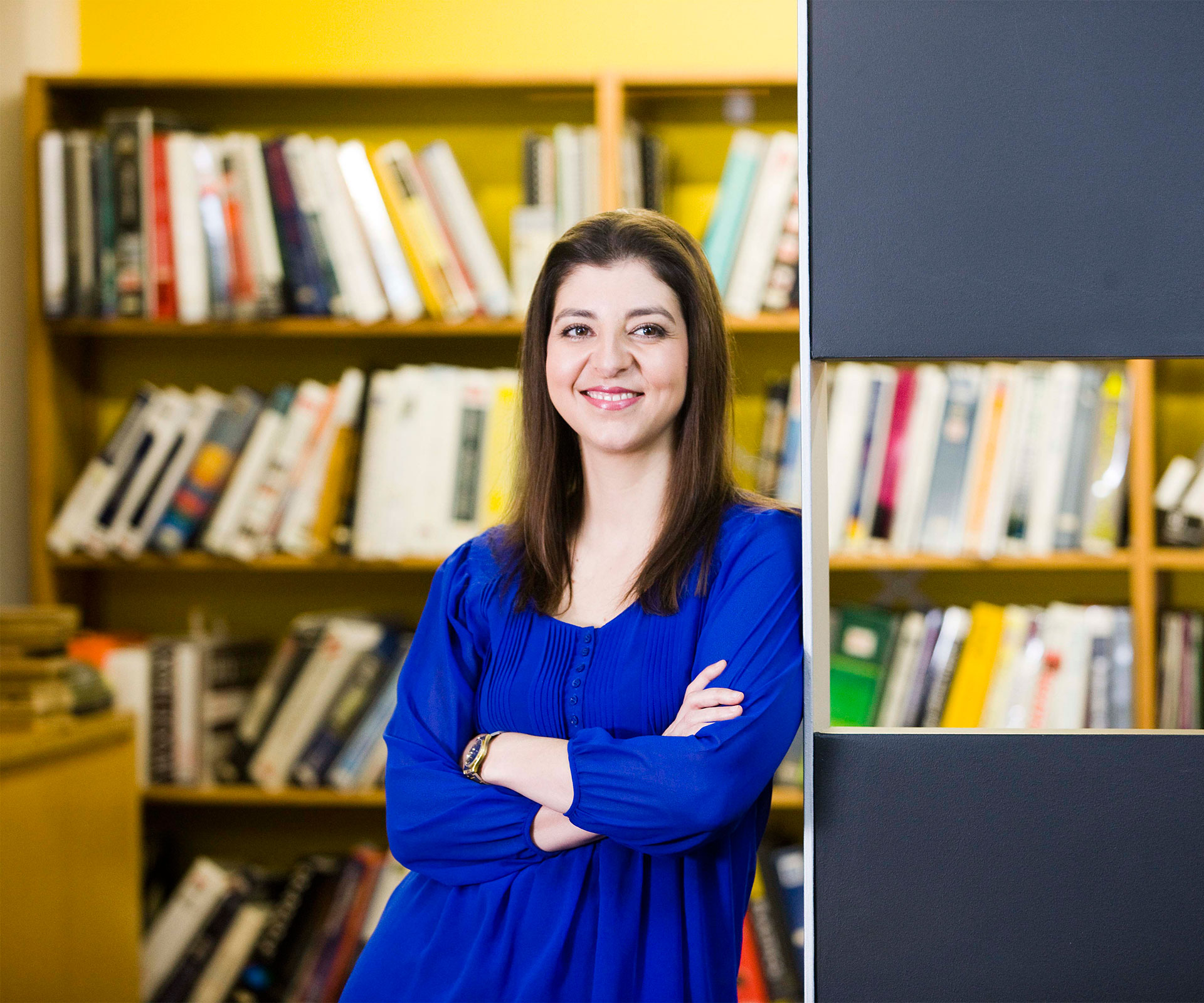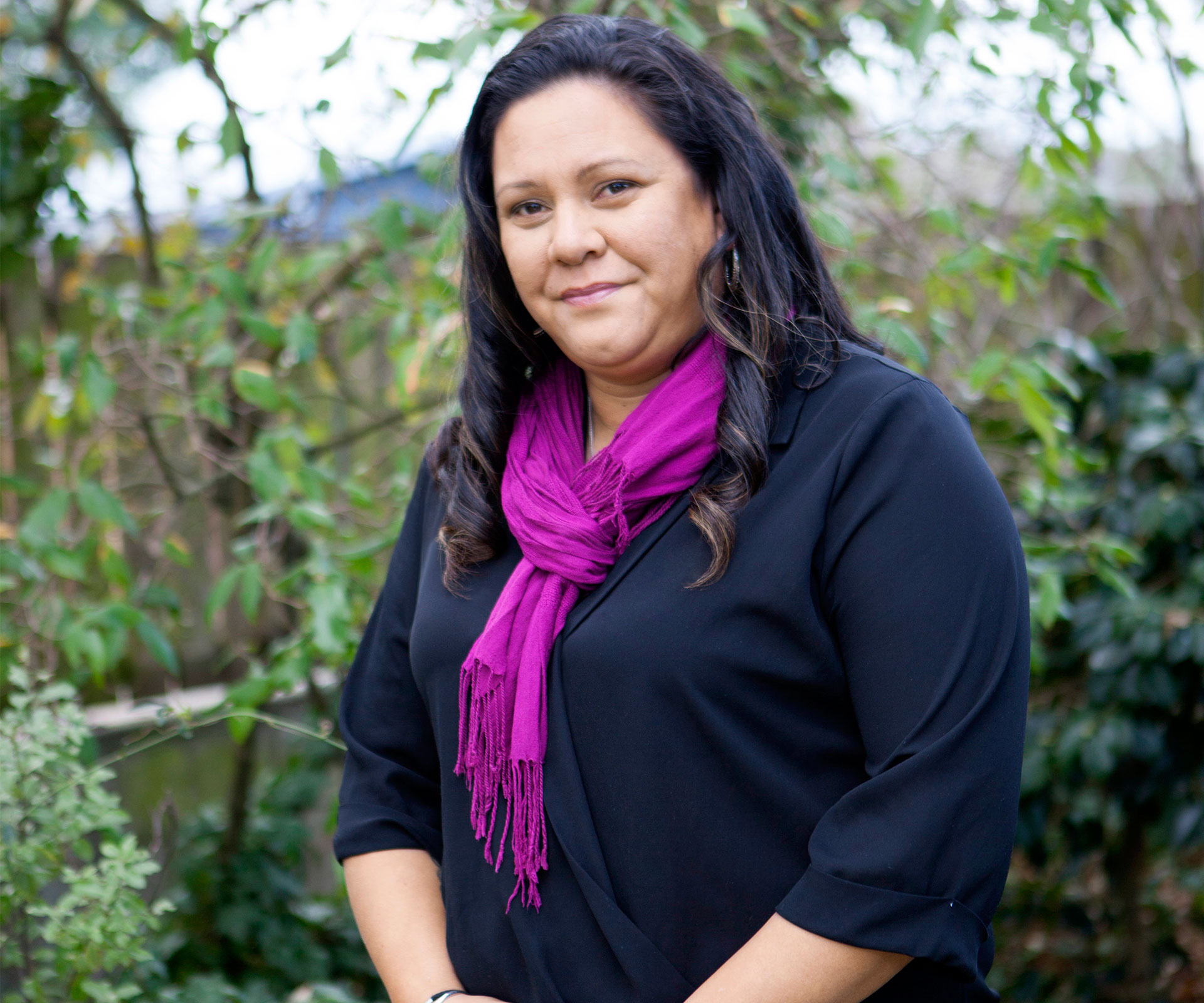Where once we huddled around fires to share tales and learn from each other, now we gather in hip downtown hangouts or go online to hear from innovative thinkers worldwide. It’s all about standing out from the crowd, and sharing your story and celebrating what makes you different. It’s storytelling – but in a distinctly 21st century way.
Once upon a time
Taryn Kljakovic, a 27-year-old music publicist, was inspired to start a contemporary conversation circle after listening to author and activist Alice Walker speak of their power at the Auckland Writers Festival last year. Social media, a key component of Kljakovic’s professional and personal life, was overwhelming her with constant bad news.
“Social media platforms are great at highlighting what matters to me: animal rights, ways we’re destroying the planet, the [damaging] choices we’re making in terms of clothing and household goods. But it gave me an anxiety that built up and I didn’t know what to do.”
She was also looking for substantive conversation when she socialised, not gossip. “I felt I wasn’t getting that richness of conversation when I was going out. I was more socially connected than ever online, but I wasn’t satiated.”
Talking with her wife Sasha, a doctor with a business background, she realised they had the skills to start their own series of storytelling events, with inspiring speakers, sponsored food and drink, and a cool venue at GridAKL. Thus the Women’s Collective (also open to men) was born. Their first event featured MP Louisa Wall, who had impressed the couple with her unemotional and dignified sponsorship of the same-sex marriage bill, which became such a hot-button issue in 2013.
“I can’t describe the energy at that first event, it was electric,” says Kljakovic. A friend recorded the event so they could share it online and Twitter kept the conversation going long after everyone had gone home.
They have since featured an eclectic mix of storytellers, from Lucky Taco entrepreneurs Otis and Sarah Frizzell (who started their own travelling taco truck) to mental health advocate Jimi Hunt. The only thread linking them is their desire to share meaty stories and create change, be it fostering a new appreciation of difference or encouraging people to plant a vege garden.

Taryn Kljakovic and wife Sasha realised they had the skills to start their own storytelling hub, Women’s Collective
Old meets new
Similarly hungry for stories, Sarah Finnigan-Walsh founded The Watercooler, a popular monthly storytelling event at Auckland’s Basement Theatre, in 2013, during her last year at uni studying biology. She’d developed a habit of listening to podcasts, especially those from The Moth, a live storytelling series founded in New York in 1997, and found herself wanting more of those “really good, honest stories”.
Her set-up – inspired by conversations with The Moth organisers, who encouraged her to establish a Kiwi storytelling event – is different to Women’s Collective in that she marshals four speakers on a theme, such as ‘leaving’ or ‘blind dates’ or ‘deep, dark and lost’, and their tales may be true or not.
“I just love those stories,” she says. “People were hooked. It was like old-school radio and people are craving it. They’ll come up to me at events and say, ‘What’s the next theme? Who’s speaking?’ I’m not short on speakers, it’s insane. We’ve had comedians, we had a guy who writes wills for a living, we had someone who was a narrative speech therapist, someone who works at a children’s gym and lawyers.”
While ancient in origin, The Watercooler is cutting-edge in approach, providing live theatrical events that can be accessed via podcast, video, or read online, with further engagement on Twitter and Facebook. “The Watercooler taps into something people have done forever – sat around a fire, traded stories – but it also seems a particularly good time for it as podcasts are so big right now,” says Finnigan-Walsh.

The Watercooler founder Sarah Finningan-Walsh was inspired by a live storytelling series in New York.
Trading in ideas
TED talks have a similar function, sharing ideas from science, business, technology, education and more. While often packed with facts and figures, the most successful TED talks feature strong storytelling.
When Facebook chief Sheryl Sandberg was planning her now famous 2010 TED talk on ‘Why We Have Too Few Female Leaders’ – the genesis of her book Lean In – she prepared a string of factoids about Fortune 500 companies and boardroom politics. But she brought her talk to life when she told how her three-year-old daughter had clung to her leg at preschool drop-off that morning and begged her, ‘Don’t go’.
By telling this story, she got to the essence of why female participation in leadership is low and made herself vulnerable, and thus relatable. Soon, she was known worldwide, and not just for her work as a tech executive.
Princeton University researchers, led by neuroscientist Uri Hasson, have found personal stories are so powerful because they cause the brain of the storyteller and the brains of the listeners to fall into sync, what scientists term ‘brain to brain coupling’.
In this way, storytellers can plant ideas and feelings into listeners’ brains. The TED talk format – no more than 18 minutes, devoted to ‘ideas worth spreading’ – means people are willing to give all manner of topics a listen, even if they don’t immediately appeal, says Natalia Albert, director of TEDxWellingtonWomen, an annual event affiliated with TED but run independently.
Her most recent gathering brought together 135 people from their teens to their 70s to hear speakers on the theme of rhythm. In just a few hours, they were exposed to a range of ideas they otherwise might not bother to investigate.
“TEDx brings this air of hope to a world where we’re bombarded with a false sense of beauty,” says Albert, 33, who believes social media, while useful, offers an inauthentic view into people’s lives which can make us feel bad about ourselves.
Getting together in real time, in a shared space, listening to people’s real-life stories is a humanising experience, one people are hungry for. TED and TEDx events also bring together people who might otherwise not meet, both in audiences and as event sponsors, gifting their products and contributing to the conversation.
“Where else do you have BNZ, Les Mills and a man who sells kombucha tea from his garage all sponsoring an event?” says Albert with a laugh.
Success stories
Business leaders are increasingly tapping into this storytelling trend to help sell their products. The chief executives we all know by name – Bill Gates, Mark Zuckerberg, Donald Trump – have strong personal stories which allow us to feel we know them.
Gates is the billionaire philanthropist who hangs out with former presidents; Zuckerberg is the Harvard student who changed the way we reach our friends; Trump is the ballsy New Yorker who tells it like it is: you’re fired!
The master, of course, was the late Steve Jobs, who unveiled each new Apple product with a breathless presentation to tech disciples who cheered and whooped with excitement, entranced by a turtleneck-clad man standing on an empty stage. The iPod, Jobs said, was “1000 songs in your pocket”. The MacBook Air was “the world’s thinnest notebook”. By the time he was done hawking his latest product, queues were forming at electronics shops worldwide.
The personality behind the product is particularly important to the millennial generation (aged 15-30), who anecdotally, at least, are more discerning in their consumption. They don’t want to support clothing makers who employ sweatshop tactics, they don’t want cosmetics that are tested on animals, and they don’t want to buy petrol from companies that pollute.
“When looking at a company website, whether to buy something, or to make a business contact, I immediately go to the ‘About’ page to see the people behind it,” says Albert. “I’m always interested in the story: and that’s the people.” Kljakovic says: “I’ve realised it’s important to have a higher purpose; it’s not enough to contribute to your community through paying tax.”
Words by: Eleanor Black
Photos: Nicola Edmonds and Supplied
Hair and makeup by: Kathryn Delaney

.jpg)
